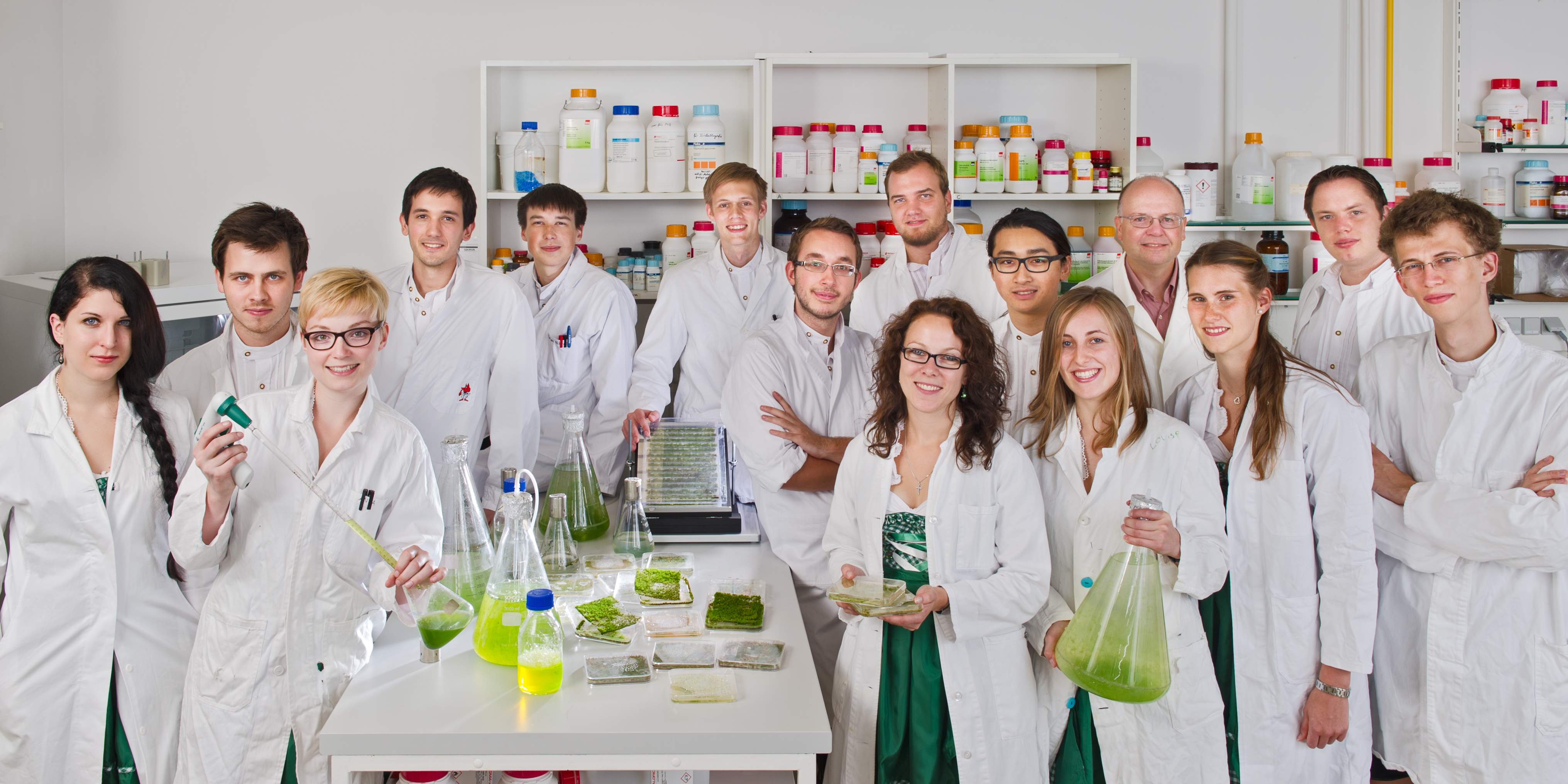Team:TU-Munich
From 2013.igem.org
| Line 14: | Line 14: | ||
The contamination of aquatic ecosystems with a multitude of poorly degradable hazardous substances by humans has been a problem since the industrial revolution. In the context of biochemical research we learn more and more about enzymes that catalyse the degradation of problematic substance such as antibiotics or hormons. | The contamination of aquatic ecosystems with a multitude of poorly degradable hazardous substances by humans has been a problem since the industrial revolution. In the context of biochemical research we learn more and more about enzymes that catalyse the degradation of problematic substance such as antibiotics or hormons. | ||
| - | Due to the huge extent of the underlying problem we propose the employment of transgenic plants, such as the moss ''Physcomitrella patens'', that produce the respective effectors for the degradation. The sedentary, aquatic | + | Due to the huge extent of the underlying problem we propose the employment of transgenic plants, such as the moss ''Physcomitrella patens'', that produce the respective effectors for the degradation. The sedentary, aquatic nature of plants makes them an optimal chassis for a self-renewing and cheap water filter. We believe that this approach can change the global water quality in a sustainable fashion. |
<br><br> | <br><br> | ||
Revision as of 17:16, 30 April 2013

The contamination of aquatic ecosystems with a multitude of poorly degradable hazardous substances by humans has been a problem since the industrial revolution. In the context of biochemical research we learn more and more about enzymes that catalyse the degradation of problematic substance such as antibiotics or hormons.
Due to the huge extent of the underlying problem we propose the employment of transgenic plants, such as the moss Physcomitrella patens, that produce the respective effectors for the degradation. The sedentary, aquatic nature of plants makes them an optimal chassis for a self-renewing and cheap water filter. We believe that this approach can change the global water quality in a sustainable fashion.
If you want to learn more about our team, you can follow us on Facebook to get regular updates:
Sponsors





 "
"
